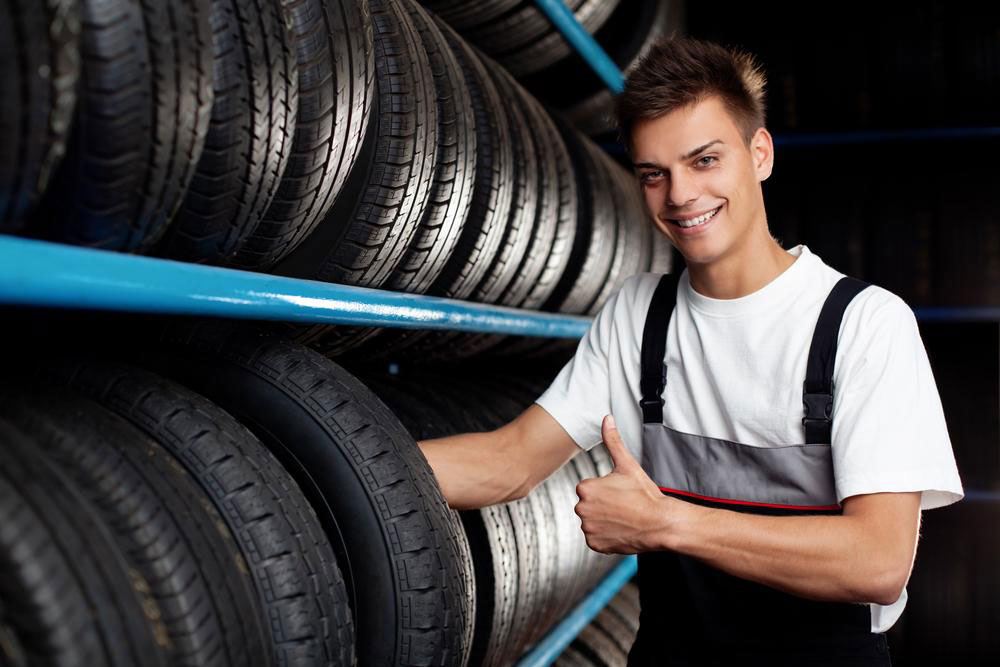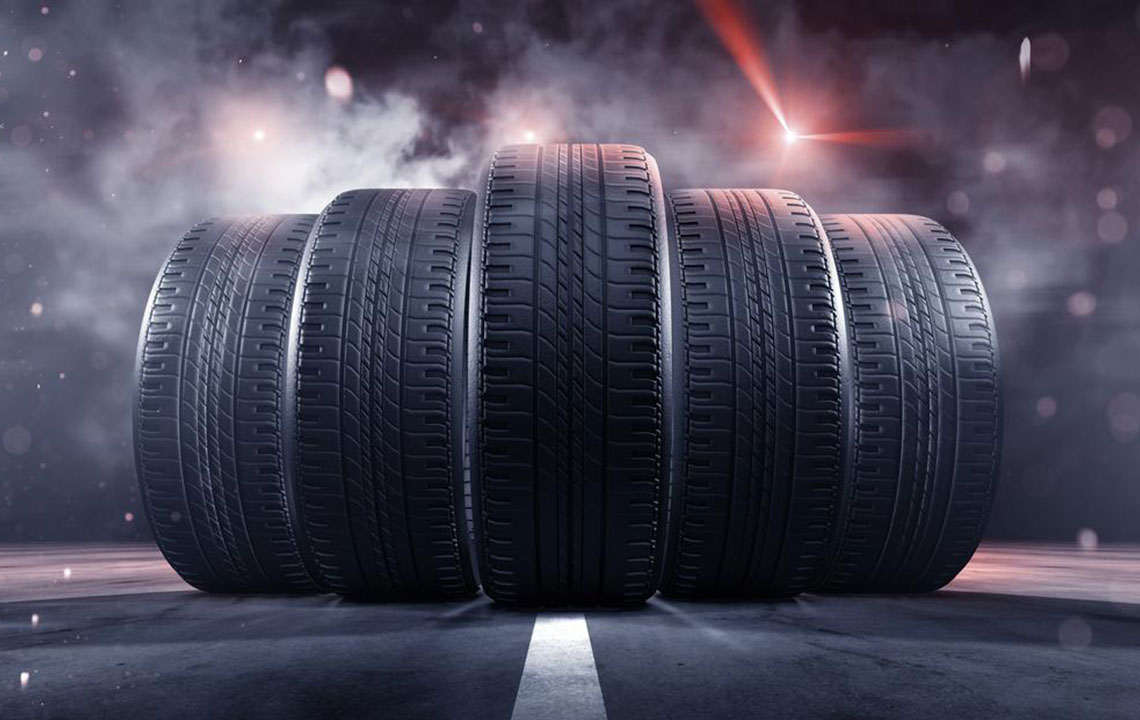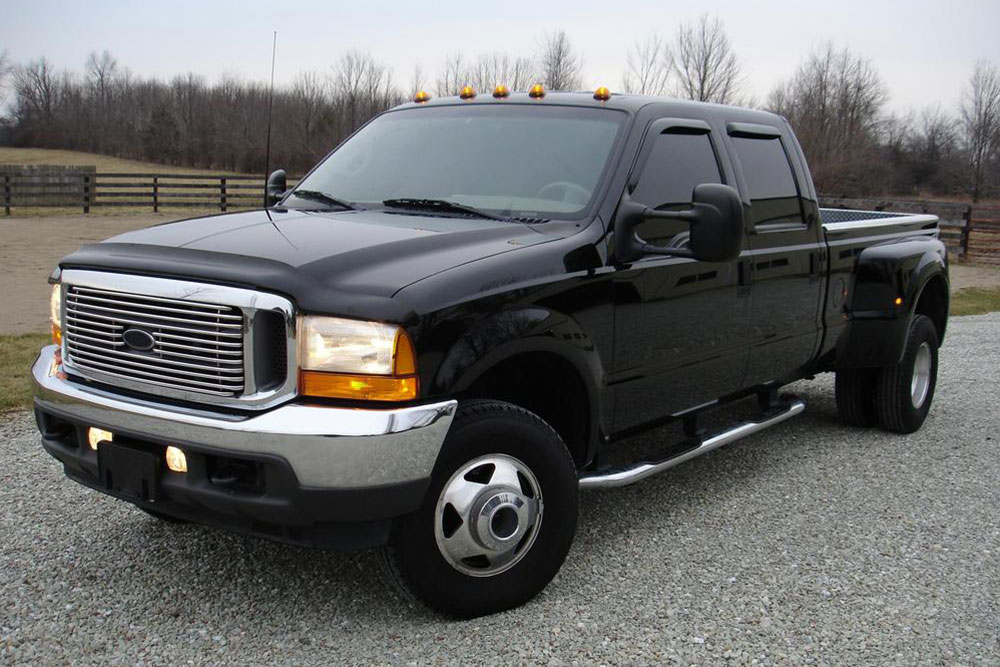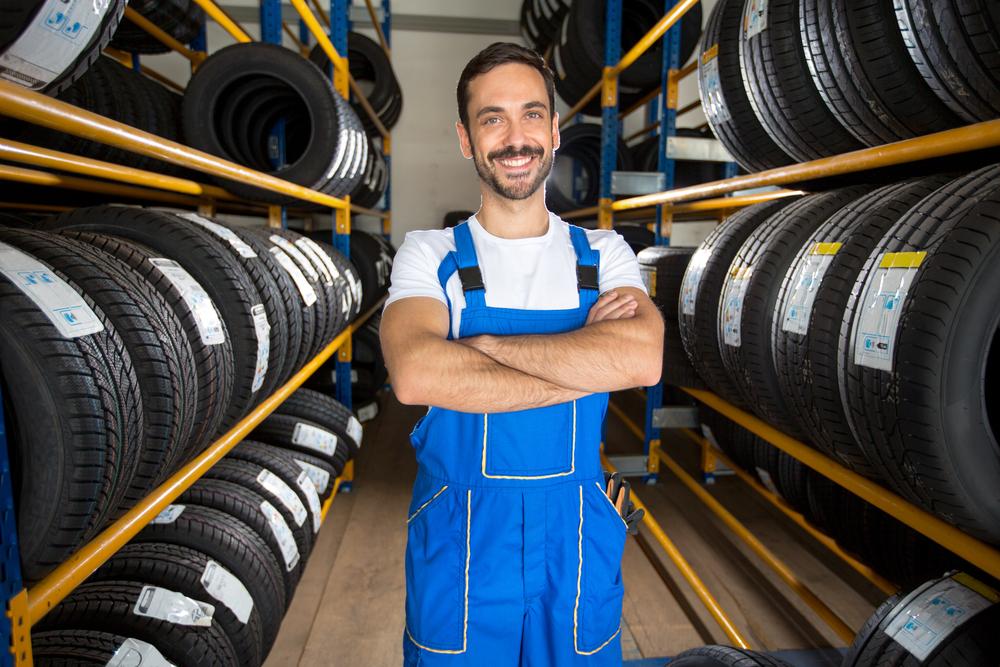Latest developments in the tire technology
A large amount of work in tire development is motivated and supported by companies taking part in racing events like F1 and others. Defense and security agencies are others who have special requirements. The other motivating interests are like ecology, safety and, naturally, cost. The fast depletion of fossil-based raw materials and the mounting difficulties in disposing of used tire is another. The research efforts are spread over wide front from the elimination of air from tires to go totally organic, to using sophisticated IT tools.

One of the current endeavors is to eliminate the air from tires. The Hankook Corporation has been working on geometrical shapes to replace the air from tires. Based on the same, thought there are two types of spoked tires, one has a small wheel supported from the hub with wide-angled V-shaped spokes. Another bigger wheel supported from the smaller wheel by similar V-shaped spokes carries the tread. The spokes are made of tough polyurethane. These tires have been used in commercial vehicles in 2016. The other on has an aluminum hub from which two rows of spokes, one outer and the other inner running in opposite direction rise to support the thin tread. Yet another is a spherical tire, the space between the hub and the tread filled with honeycombed structures of tough polyurethane. The tire has enough high-tech embedded chips to adjust the tire to ensure a uniform wear and tear. The Tall and narrow tire has been tried out in certain high-end cars. It is a 19-inch-tall tire with a narrow profile of 155/70 R19. The tire saves energy as the wheels cover longer distance per revolution the narrow profile reduces rolling resistance and air resistance.
Chip-in-tire has high-tech battery less embedded chips to sense the road conditions, tire pressure, and other pertinent data and communicate to the car CCU and to the antilock braking system for example. This helps to optimize the speed, braking distance and cornering performance. Fossil-free tire replaces synthetic rubber with natural rubber, plant oils, and silica and uses a unique method to manufacture. Claims improved fuel efficiency and wet grip performance. A soya bean based tire is in the same genre. These are some of the out of box ideas that hold great promise.




